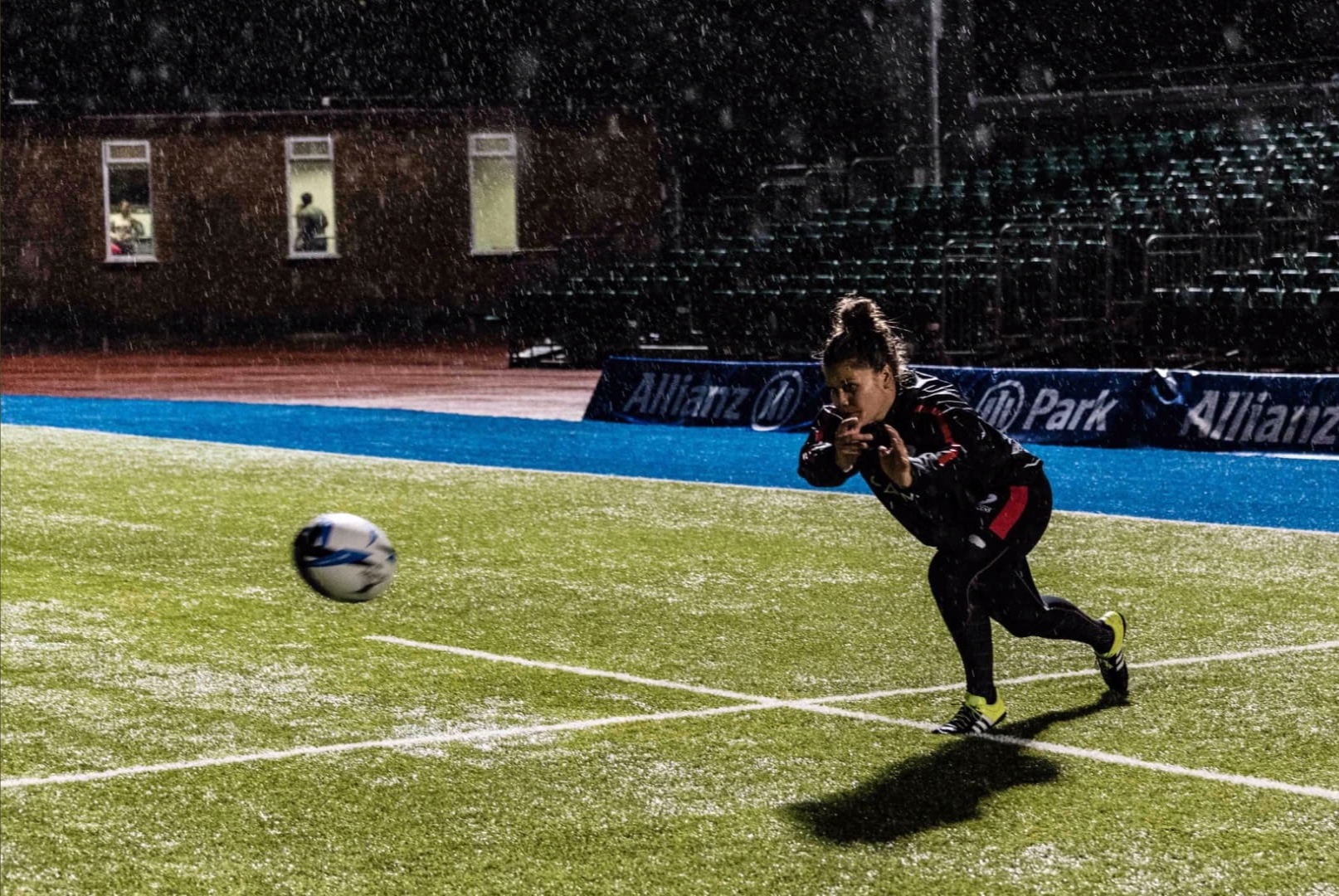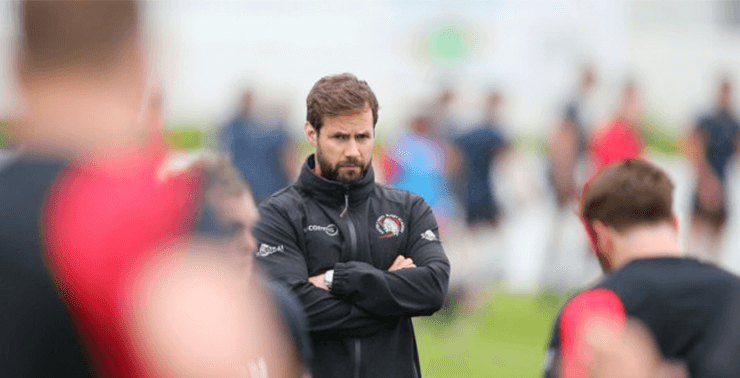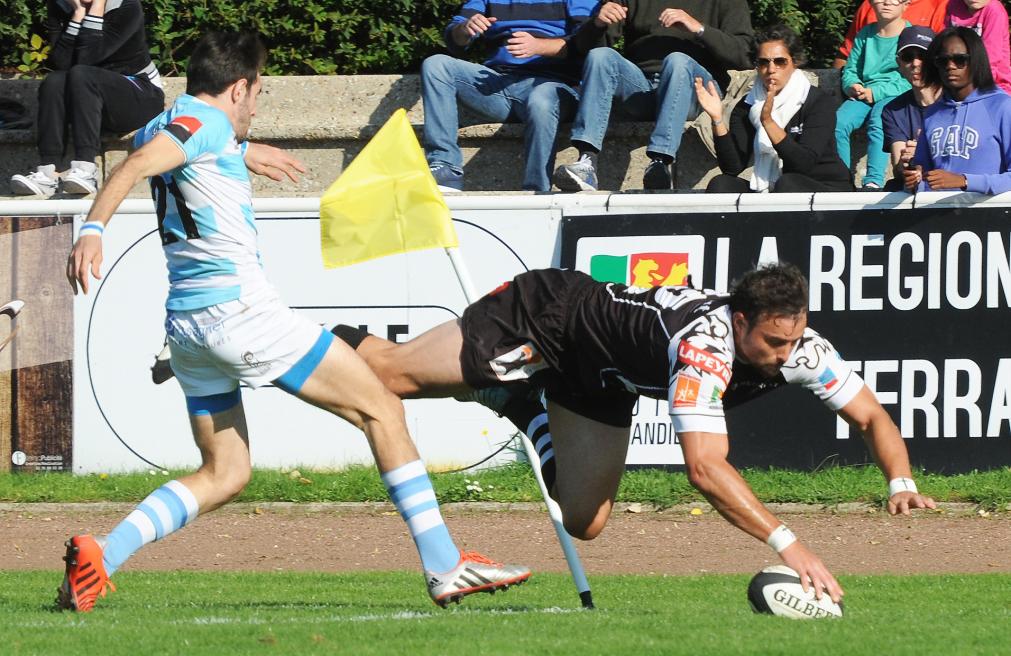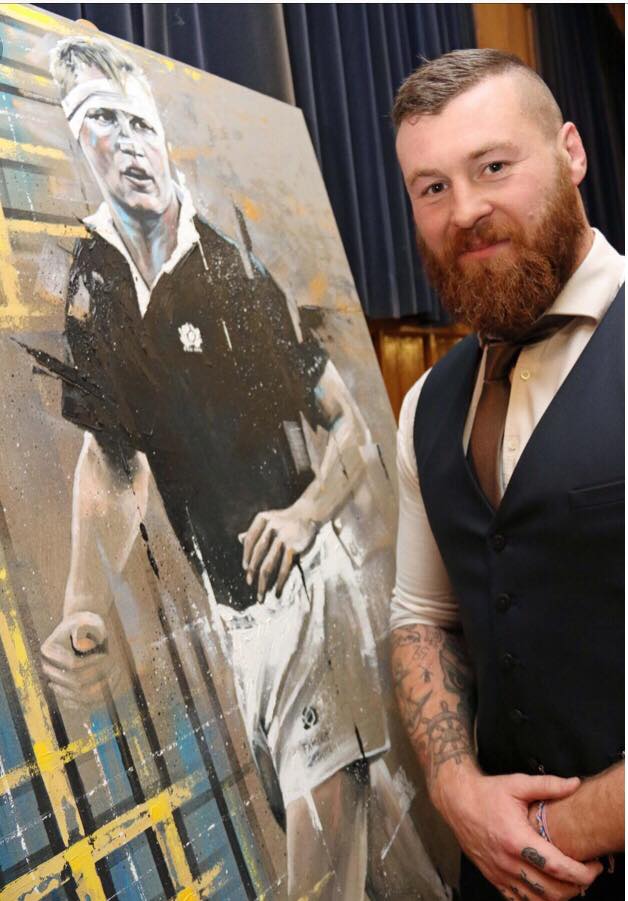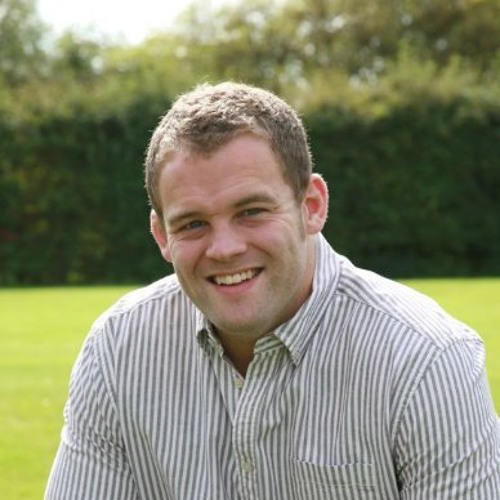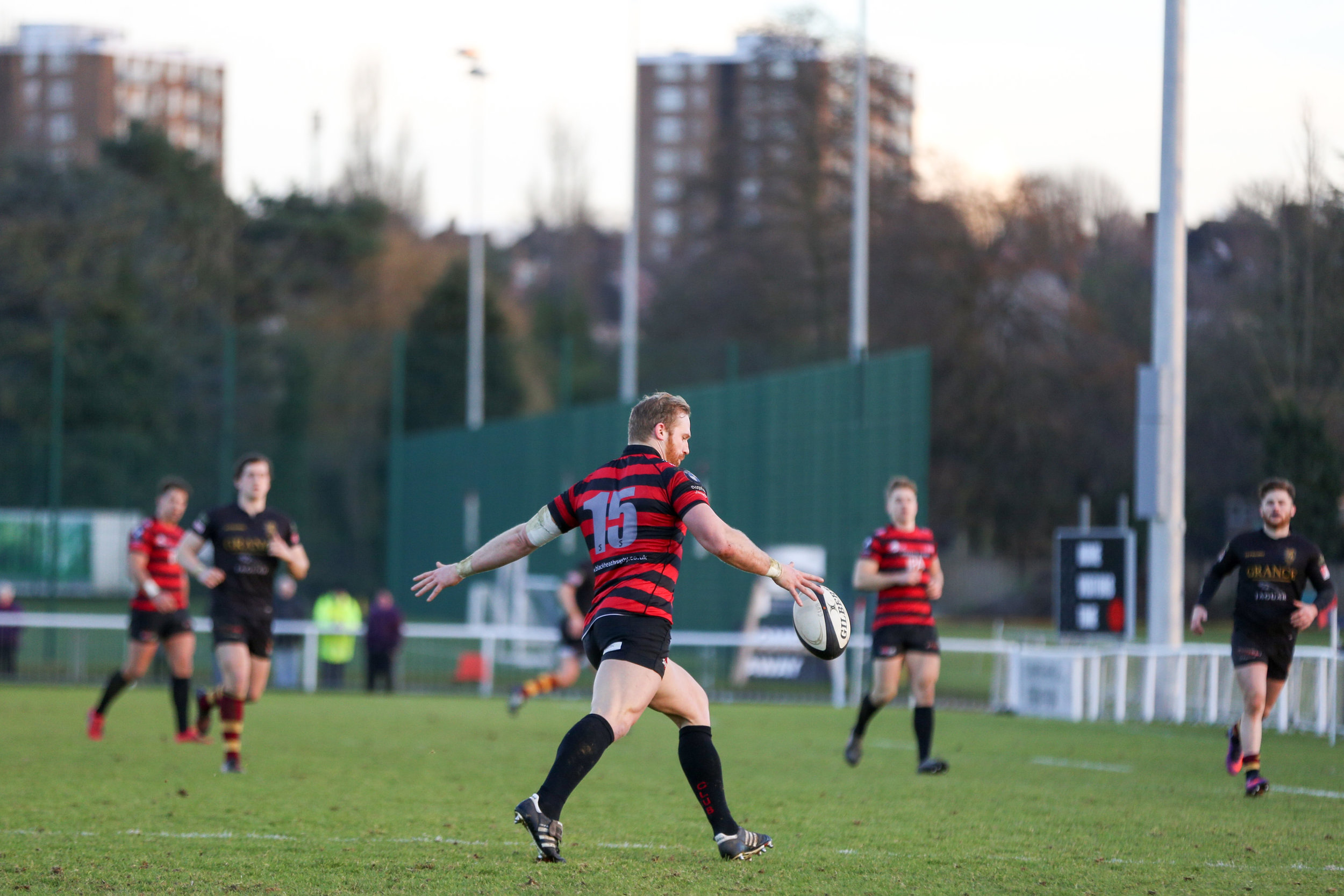endgame
A handbook for athletes navigating the end of professional sport
Available exclusively on Amazon now.
Endgame is a collection of stuff I’d have liked to know when I was leaving professional sport behind.
I’ve kept it brief to be as useful as possible to athletes before, during and after their career transitions. The handbook outlines the common problems, provides questions and frameworks for athletes to come up with solutions and has a few personal experiences and examples to explain and inspire.
This is a work in progress that I fully intend to add to as reader feedback comes in. If there’s something you think could be further explored or explained then please get in touch.
Welcome to the Endgame
The Endgame project is designed to help athletes better prepare for when they stop competing. It was my first content project and one that helped me garner employment with a startup as Head of Content.
The original piece told the stories of guys I’ve met through rugby, what they’ve moved on to, how they found the transition and their advice for people in the same position. For athletes the job market can seem both limited and overwhelmingly vast. In the stories below, you can find out ways of earning a living that you possibly hadn’t considered or didn’t know were possible.
Sharing stories is so helpful to others undertaking similar journeys to ourselves and while the Endgame handbook is now out, I’ve got ideas for expanding on what’s here on this page. Read the interviews and watch this space.
athletes
Resources
Wrestling with my own career change has lead me down some interesting rabbit holes with regards to advice. I’ve certainly read some rubbish but much of it is incredibly interesting and helpful.
I find a mix of theory from thought leaders in the space, combined with some personal stories of changing career, gives a good balance.
“You should always be working your next job, because if you don’t, you won’t be qualified for anything else when your current job ends.”
– Jason Feifer of Entrepreneur Magazine
This is intended for everyone but is particularly applicable for an athlete; your career has a time limit on it. We all know that we should prepare. How is the question.
Credentials are one way; studying for a degree or another qualification can open doors to particular lines of work.
The other way is to consider building a project based CV. Explore different industries or lines of work with experiments, using them to demonstrate actual skills that an employer will value. Write for a blog. Do a photo project. Build a product. Make a website.
In fact, this Endgame project helped me get my role with LAPS. If you can create something that shows interest and aptitude in the area that your employer is, you’ll stand out immediately.
In my experience, being an athlete gives you a wealth of ‘soft skills’, communication, teamwork, leadership and resilience, but employers want to see evidence of more technical skills that they can put to use.
The workplace is changing dramatically with technology enabling and creating new ways of working that aren’t yet fully explored. As an athlete, you can use your downtime to research areas of interest and create small projects that can demonstrate your aptitude and your initiative to a potential employer.
You can also use this time to research potential business ideas for yourself.
Here I’ll collate some resources for you to explore.
Books
Career Advice for Uniquely Ambitious People – very short and supremely useful handbook on how to think about your career path if you want to do something outside the norm.
When to Jump – loads of stories from career changers who while all being different, all had to take a leap at some point. You’ll have to do the same thing. Some good ideas and perhaps some career inspiration in here.
Crash Your Career – loads of amazing advice on how to impress a potential employer and how to think about getting where you want to go quicker.
End of Jobs – an overarching look at jobs in the modern day, what they are, how they work and where they’re going. This book is a few years old now but is looking more and more prescient.
Websites
Careershifters – as their name suggests, these guys specialise in career change. Their email newsletter has good examples of people who have made career shifts and outlines how they managed it.
Praxis – a lot of content on how to launch a new career, much of which is very applicable to the currently competing or recently retired athlete.
Starter Story – some very detailed interview based content, showcasing entrepreneurial projects and businesses including the financials and systems that underpin them. Great if you’re after ideas for your own ventures.
Side Projects
Yunzhe Zhou is a career change specialist and coach. Here are how 25 side projects lead to new careers.
Radreads collated side project articles and examples here.
Makerpad is a great resource for those who want to launch or test any side project they can think of. Learn how to stitch together no-code tools in order to facilitate your business idea.
Podcasts
When to Jump – start with this episode for an athlete specific take
Reimagine Work – details people living their lives in unusual ways, often with remote work. This one details a post professional basketball journey.
Career Crashers – loads of stories of people who switched careers or launched one from nothing.
Portfolio Career Podcast – varied and interesting career combinations from a variety of people around the world
Quotes
Naval Ravikant
A tech CEO and incredibly smart guy. Here’s a link to loads of his output but below are some selected quotes.
Stop thinking in terms of “careers”. Instead, focus on develop skills, and doing what you want to do at a particular time to get paid.
Create work that can be seen and recognized, and the network emerges.
Create a product out of whatever it is that you naturally and uniquely do really well.
William Raduchel
Don’t pick a job. Pick a Boss. Your first boss is the biggest factor in your career success. A boss who doesn’t trust you won’t give you opportunities to grow.
Taylor Pearson
What do you find easy and fun that others find hard?


